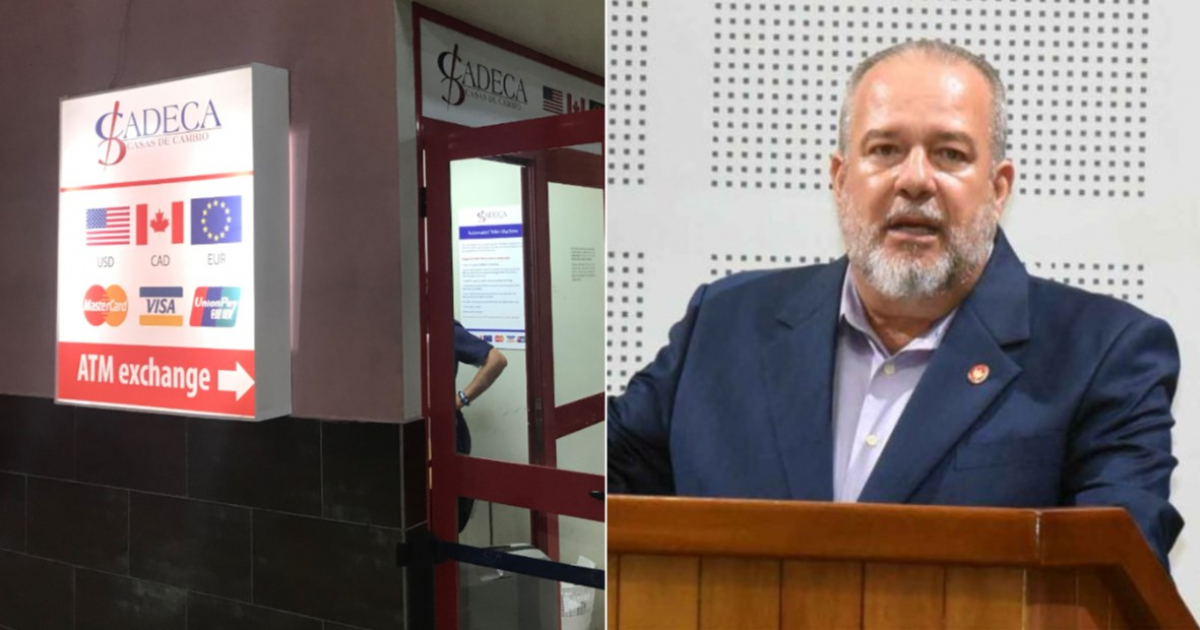Cuban Prime Minister Manuel Marrero Cruz stated that the government is cautious about setting a new exchange rate "overnight" because it would likely devalue the Cuban peso and cause undesirable inflation.
Marrero addressed the National Assembly of People's Power this afternoon, explaining that the government aims for a stable currency market that allows for the consistent sale of foreign currencies. The senior official announced that steps have already been designed to establish a new exchange rate in the country. However, he did not mention the failure of the 1:120 exchange rate for purchasing foreign currency from the public, which was imposed in August 2022 and never worked effectively. Many people preferred to sell their foreign currency on the informal market, where its value was triple.
Before the parliamentarians, Marrero mentioned that a new restructuring of the currency market would take place, but he warned that under the current economic conditions, it would be implemented "very gradually and with great caution." According to him, the goal is to reduce the exchange rate gap in the economy, but never to "go directly to a new exchange rate overnight." He claimed that this would lead to a devaluation of the Cuban peso and an undesirable impact on inflation, as prices would rise. The reality is that the government does not want to part with the few foreign currencies it possesses.
The regime has had to acknowledge the failure of the official exchange rate established for foreign currencies as part of the economic reorganization, but it has yet to find a way to determine an exchange rate that eliminates the informal currency market. In April, the prime minister urged the search for solutions to eliminate the dual exchange rate (official and informal) and the illegal exchange rate, recognizing that these issues are of great concern to the public "due to their impact on inflation and price formation."
Among "the concrete proposals we will make is the determination of the exchange rate. This is a key issue, one of the matters that is even more pressing, particularly the elimination of the dual exchange rate, starting with the official rates of 24 and 120, and seeing where we go from there," Marrero Cruz stated.
Understanding Cuba's Exchange Rate Dilemma
To better grasp the complexities and implications of the Cuban exchange rate situation, here are some common questions and answers.
Why is the Cuban government hesitant to set a new exchange rate?
The government fears that setting a new exchange rate abruptly could devalue the Cuban peso and lead to undesirable inflation, affecting the economy negatively.
What was the issue with the 1:120 exchange rate imposed in August 2022?
The 1:120 exchange rate did not work because many people preferred to sell their foreign currency on the informal market, where its value was significantly higher, making the official rate ineffective.
What is the government's goal in restructuring the currency market?
The government's goal is to gradually reduce the exchange rate gap in the economy and establish a stable market for foreign currency transactions without causing sudden devaluation or inflation.
